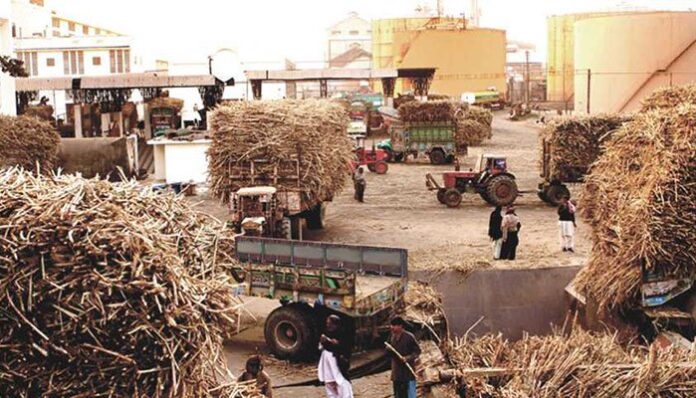ISLAMABAD: Pakistan Sugar Mills Association (PSMA) has asked the Federal Board of Revenue (FBR) to discard the Track & Trace System and instead adopt cheaper and localised options.
In a letter to the FBR, PSMA Chairman Iskander Khan said, “We suggest FBR to replace imported stamps with a QR-Code based system to save foreign exchange incurred on digital stamps.”
It may be noted that FBR had demanded the sugar mills to procure tax stamps and unique identification numbers, and install necessary equipment to implement the track and trace system at production facilities.
The board had issued S.R.O. 250(I)/2019 on February 26, 2019, to amend Sales Tax Rules, 2006, to lay down the procedure for electronic monitoring, tracking and tracing of production, import and supply-chain of tobacco products, beverages, sugar, fertilizer and cement to contain tax evasion in these sectors.
According to the PSMA letter, the association had signed an MoU with the FBR in October 2020 to facilitate the documentation of sugar, but it could not be implemented as shortlisted vendors were not equipped to install the desired track and trace system.
“Now, the RTOs and LTUs across Pakistan are issuing huge penalty notices to sugar mills for non-implementation of the supposed video analytics system. Industries, as directed by the FBR, cooperated with the vendors throughout the crushing season, even paid them advances,” it added.
The letter stated that implementation was stopped due to the incapacity of vendors and the non-availability of the final version of the Video Analytics System.
The association requested that FBR advise relevant RTOs or LTUs to “stop harassment and withdraw penalty notices”.
“Further, as the sugar mills paid advances to the vendors, we request FBR to direct the vendors to refund these advances immediately,” the letter said.
Earlier on March 16, Prime Minister Imran Khan had stressed the need to introduce a Track & Trace System to avoid massive tax evasion in major sectors such as sugar, cement, fertilizers and tobacco.
He pointed out that the FBR for the last 15 years has been striving to introduce this system “but every time their efforts were sabotaged for one reason or another”.




